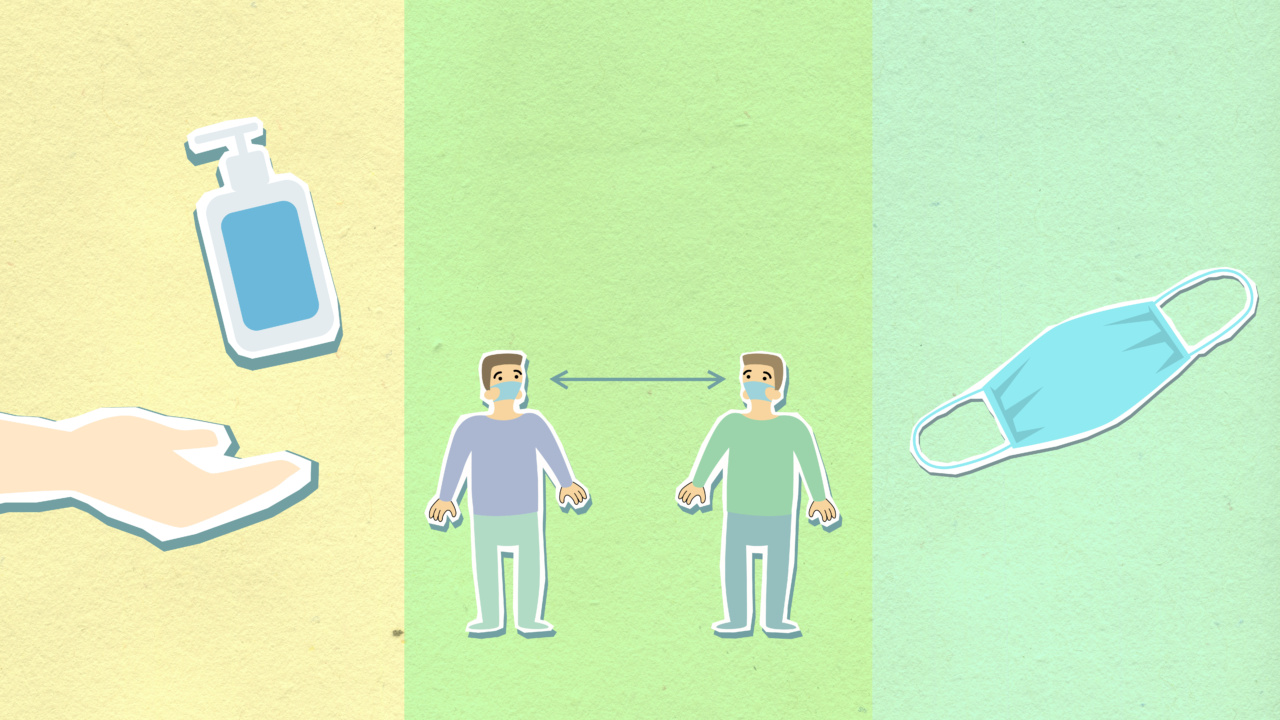Respiratory wheezing is a common symptom that can indicate underlying respiratory conditions. Wheezing refers to a high-pitched or musical sound that occurs during breathing.
It is typically a result of the narrowing of the airways, making it difficult for air to pass through. This article will explore the various causes and implications of respiratory wheezing.
1. Asthma
Asthma is a chronic respiratory condition characterized by recurring wheezing, coughing, chest tightness, and shortness of breath. It occurs when the airways become inflamed and narrow, leading to difficulty in breathing.
Asthma attacks can be triggered by allergens, exercise, cold air, stress, or respiratory infections. Wheezing is one of the primary symptoms of asthma and may be accompanied by other respiratory distress signs.
2. Allergies
Allergic reactions to environmental triggers such as pollen, dust mites, pet dander, or certain foods can cause respiratory wheezing. During an allergic reaction, the immune system releases chemicals that cause inflammation and narrowing of the airways.
Wheezing is often a result of the body’s attempt to clear the airways and allow proper breathing. Allergies may also cause nasal congestion, sneezing, and itchy eyes.
3. Chronic Obstructive Pulmonary Disease (COPD)
COPD is a progressive lung disease that includes conditions such as chronic bronchitis and emphysema. It is usually caused by long-term exposure to irritants, such as cigarette smoke or air pollution.
Wheezing is a common symptom of COPD, as the inflammation and mucus production in the airways lead to narrowed passages and obstructed airflow. In addition to wheezing, COPD also presents with chronic cough and difficulty in breathing.
4. Respiratory Infections
Respiratory infections, including viral or bacterial infections of the lungs and airways, can cause wheezing. Infections such as bronchitis, pneumonia, or respiratory syncytial virus (RSV) can lead to inflammation and excessive mucus production.
This can result in airway constriction and wheezing. Wheezing caused by respiratory infections is often accompanied by coughing, fever, and fatigue.
5. Bronchospasm, Bronchiolitis, and Bronchitis
Conditions that lead to the constriction and inflammation of the bronchial tubes can cause respiratory wheezing. Bronchospasm refers to the sudden constriction of the smooth muscles in the airways, often triggered by irritants or allergens.
Bronchiolitis is an infection that mainly affects infants and toddlers, causing inflammation and congestion in the smallest airways of the lungs. Bronchitis, both acute and chronic, involves the inflammation of the bronchial tubes causing wheezing as a common symptom.
6. Congestive Heart Failure
Congestive heart failure (CHF) occurs when the heart fails to pump blood effectively, leading to fluid buildup in various parts of the body, including the lungs. This fluid accumulation in the lungs is known as pulmonary edema and can cause wheezing.
Wheezing caused by CHF is typically accompanied by other symptoms such as swelling in the legs, shortness of breath, and fatigue.
7. Vocal Cord Dysfunction
Vocal cord dysfunction (VCD) is a condition that affects the vocal cords’ coordination during breathing, leading to wheezing and difficulty in breathing. VCD is often misdiagnosed as asthma due to similar symptoms.
However, while asthma is caused by inflammation of the airways, VCD is related to abnormal vocal cord movements. Triggers for VCD can include stress, exercise, or exposure to irritants.
8. Gastroesophageal Reflux Disease (GERD)
Gastroesophageal reflux disease (GERD) is a condition characterized by the backward flow of stomach acid into the esophagus. In some cases, this acid can reach the airways and cause irritation, leading to wheezing.
Wheezing caused by GERD is commonly observed at night or after eating. Other symptoms of GERD include heartburn, regurgitation, and chest pain.
9. Foreign Body Obstruction
Respiratory wheezing can also occur due to a foreign body obstruction in the airways. This is commonly seen in children who may accidentally inhale or swallow small objects.
Wheezing caused by a foreign body obstruction is typically sudden, accompanied by coughing, difficulty breathing, and potentially life-threatening if not promptly addressed.
10. Medication Side Effects
Some medications, particularly those used in the treatment of hypertension and certain heart conditions, may have respiratory wheezing as a side effect. These medications can cause bronchospasms or other allergic reactions leading to wheezing.
If wheezing occurs after starting a new medication, it is important to consult a healthcare professional to evaluate possible side effects.
Respiratory wheezing can be a symptom of various underlying respiratory conditions or other health issues. It is crucial to seek medical attention for a proper diagnosis and appropriate treatment.
Identifying the cause of wheezing is essential in managing the condition effectively and improving overall respiratory health.





























